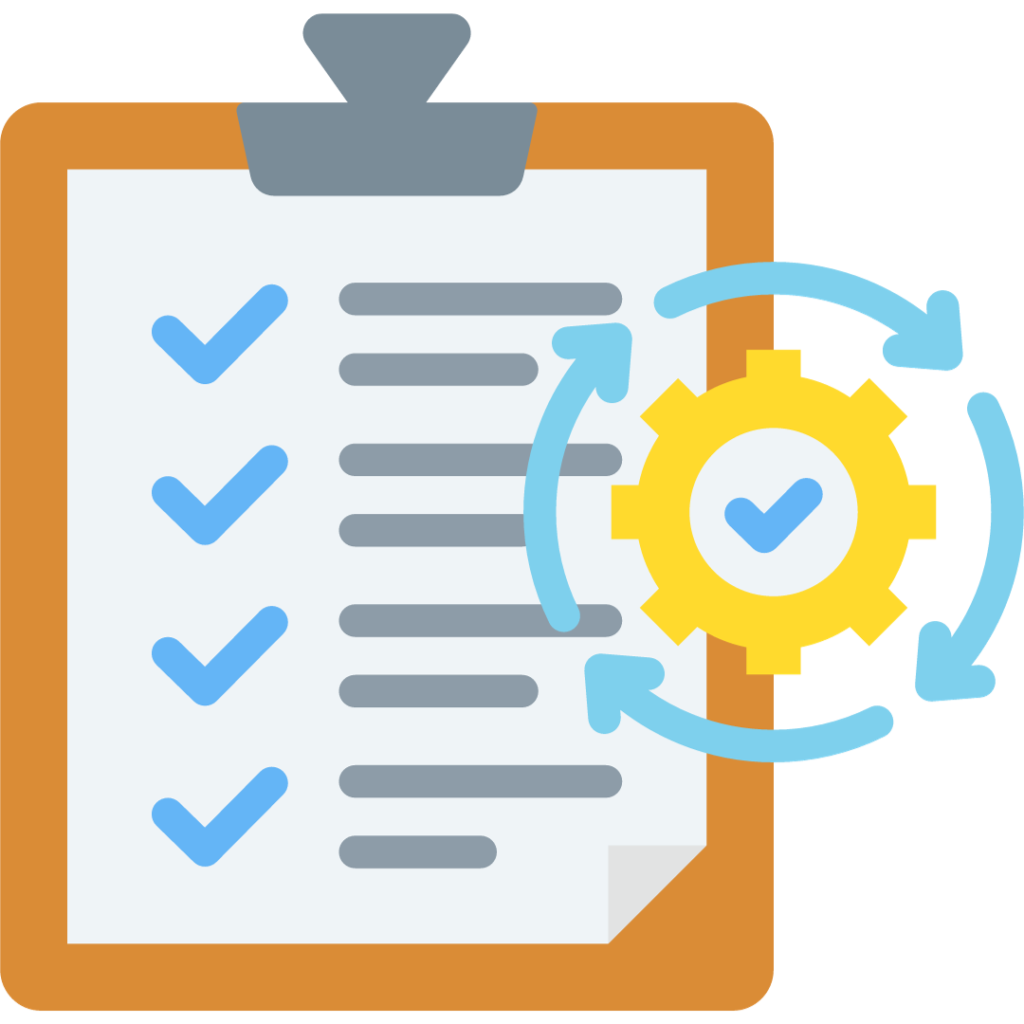Leveraging AI for Enhanced Special Education Programs
In today’s rapidly evolving educational landscape, leveraging artificial intelligence (AI) can significantly enhance your Special Education program. AI offers powerful tools to better support students with diverse needs and improve the overall efficiency and effectiveness of your initiatives. Here’s how you can use AI to improve your Special Education program:
Personalized Learning Plans

Personalized Learning Plans: AI can analyze individual students’ learning styles and adapt instruction accordingly. This enables teachers to create personalized learning plans tailored to each student’s unique needs, helping them reach their full potential.
Early Intervention: AI can identify potential learning disabilities or developmental delays in students at an early stage. This allows for timely interventions and support, preventing issues from escalating.
Data-Driven Decision Making and Resource Management
Data Analysis: AI can process vast amounts of data, making it easier to track student progress, assess the effectiveness of interventions, and make data-driven decisions for program improvement.
Accessible Materials: AI can assist in converting learning materials into accessible formats, making it easier for students with disabilities to access and engage with the content.

Communication and Collaboration

Communication Aids: AI-powered communication devices and apps can empower non-verbal students to express themselves, fostering their independence and improving their quality of life.
Resource Allocation: AI can optimize the allocation of resources by analyzing student needs, staff availability, and budget constraints. This ensures that resources are used efficiently.
Professional Development: AI can provide tailored professional development opportunities for teachers and staff, keeping them updated with the latest best practices in Special Education.
Parent Engagement: AI-driven platforms can facilitate better communication between parents and educators, providing real-time updates on their child’s progress and enabling collaboration in the support process.
Behavioral Support and Assistive Technology
Behavioral Support: AI can help monitor and analyze student behavior patterns, enabling teachers to implement proactive strategies for managing challenging behaviors effectively.
Assistive Technology: AI-powered assistive technologies can help students with disabilities, such as speech-to-text software, screen readers, and customized learning apps.

Predictive Analysis and Efficiency

Predictive Analysis: AI can predict potential challenges, such as dropouts or emotional distress, allowing schools to provide timely support and prevent negative outcomes.
Inclusive Classrooms: AI can facilitate inclusive education by supporting students with varying abilities within the same classroom setting.
Resource Discovery: AI can assist educators in discovering and curating resources and materials that are specific to their students’ needs and curriculum requirements.
Progress Monitoring: AI can automate the tracking of individual goals, making it easier for teachers to see whether interventions are working or need adjustment.
Efficient IEP Management: AI can streamline the creation and management of Individualized Education Plans (IEPs), reducing administrative burden and ensuring compliance.
Embracing AI in your Special Education program can lead to more inclusive, effective, and efficient support for students with disabilities. By integrating these AI-driven tools and strategies into your daily operations, you can improve the overall educational experience for your students and ensure they receive the tailored support they need to succeed.




